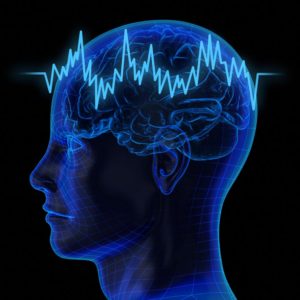The Journal of Neuroscience 31, 13613–13624 (2011). Doi: 10.1523/JNEUROSCI.3120-11.2011 .
Fang, W-Q., Ip, J.P.K., Li, R.,Ng, Y.P.,Lin, S.-C.,Chen, Y.,Fu, A.K.Y. and Ip, N.Y.
“Cdk5-mediated phosphorylation of Axin directs axon formation during cerebral cortex development”.
The signaling protein Axin helps neurons to produce their long extensions that transmit information to other neurons.
Proper formation of axons requires the signaling protein called Axin, reports a research team led by Nancy Ip at the Hong Kong University of Science and Technology. The discovery results from the team’s revelation of a previously unknown regulatory mechanism involved in axon formation.
Since Axin was known to stabilize the long protein bundles in cells called microtubules, and this stabilization is necessary for axon formation, Ip and colleagues investigated its role in detail. They found that Axin is enriched at the tips of growing axons.
When the researchers reduced Axin expression in the brains of embryonic mice, they found abnormal formation of axon bundles. When they reduced Axin in developing neurons in cell culture, they observed that the initiation of axon formation failed.
The researchers then showed that the enzyme cyclin-dependent kinase 5 (Cdk-5) adds a phosphate group to Axin, allowing it to bind to the enzyme glycogen synthase kinase-3β (GSK-3β). Enhanced GSK-3β activity destabilized microtubules, so it must be blocked to allow axon formation. The researchers also demonstrated that GSK-3β inhibition cannot occur properly in the absence of Axin.
Since abnormally high levels of GSK-3 are associated with various psychiatric disorders and neurodegenerative diseases, further study of GSK-3’s interaction with Axin and Cdk-5 is important, the team notes.






